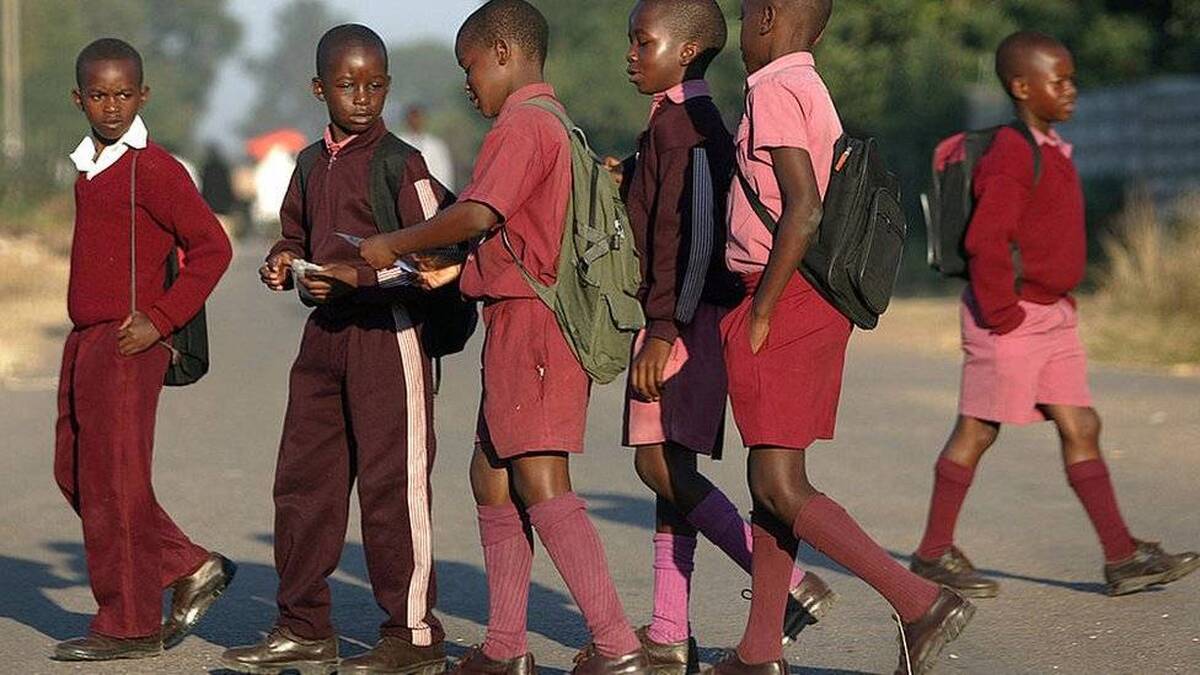UNICEF Urges More Child-Centered Climate Investments in Zimbabwe amid Drought

With Zimbabwe currently facing the effects of climate-induced El Nino, many children in the country, among other vulnerable groups, are exposed to the impacts of the drought, UNICEF said in a statement.
"We are launching a petition to urge government entities, development partners, and the private sector to prioritize children in their climate investments. We are also calling for more funding of climate resilient programs to ensure continued access to health, education, water and sanitation services, nutrition, and child protection services, and for programs to strengthen the resilience of households to deal with the climate-related emergencies," UNICEF said.
The UN agency noted that Zimbabwe's children have not been spared from the risks posed by climate change-induced events, with the country ranking high risk in the 2021 UNICEF Children's Climate Risk Index.
The current El Nino crisis affecting large parts of Zimbabwe highlights climate-related emergencies that are impacting the lives of children at a time when the country is also faced with public health emergencies related to cholera and polio, putting Zimbabwe into a complex, multi-dimensional humanitarian crisis, the UNICEF said.
Already, UNICEF, in partnership with the Zimbabwean government and other development partners, is scaling up programs to develop climate-resilient programs to empower children as catalysts for change and environmental guardians.
"With the escalating impact of climate change on children's well-being, there is a pressing demand for increased investment in child-centered climate strategies. This is essential to amplify climate-resilient programs, enhance household and caregiver resilience to climate shocks, and mitigate the long-term effects of climate change on future generations," UNICEF added.
4155/v
























